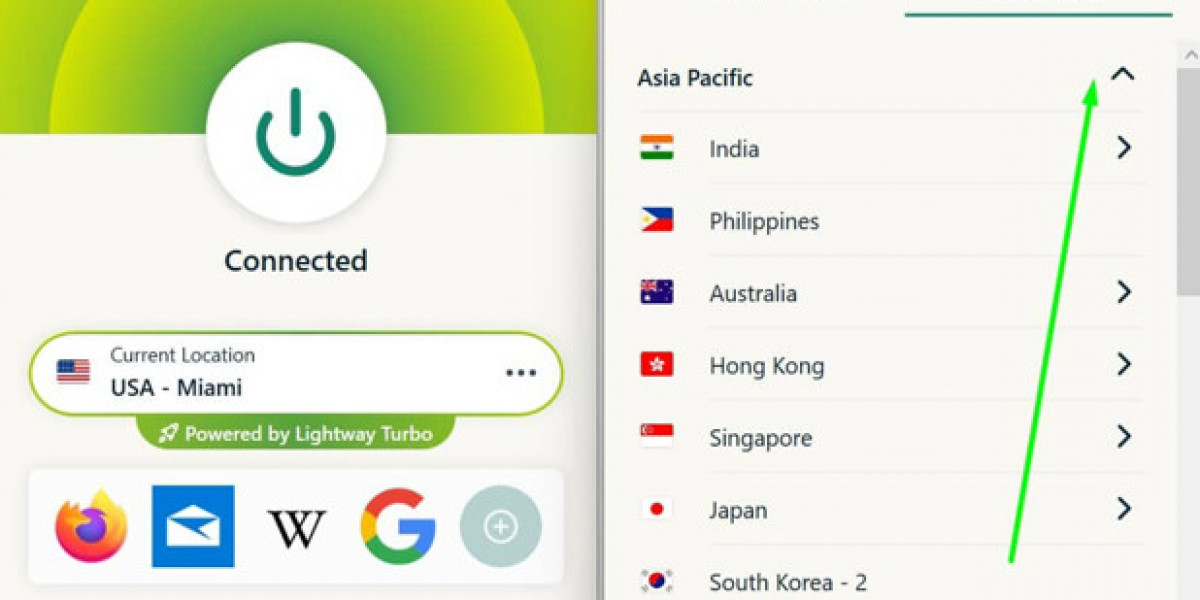Understanding Psychiatry Private Practice: Insights and Benefits
Over the last few years, the field of Psychiatry Private Practice has acquired significant value in the general health care landscape. As mental health concerns have concerned the forefront of public awareness, the demand for private psychiatric services has actually surged. This post looks into the complexities of private psychiatry, describing its features, advantages, and essential factors to consider, while likewise addressing frequently asked concerns.
What is Private Psychiatry?
Private psychiatry refers to mental health services offered by certified psychiatrists in a private practice setting, rather than a public medical facility or clinic. These services are tailored to specific requirements and typically consist of detailed examinations, therapy sessions, medication management, and far more. Private psychiatric practices can differ substantially in regards to the specialties used, the types of treatment offered, and the general client experience.

Key Features of Private Psychiatry
- Personalized Care: In a private setting, psychiatrists normally have more time to invest with each client, enabling for a deeper understanding of individual circumstances and treatment needs.
- Flexible Scheduling: Patients in private practice often take advantage of more flexible appointment scheduling, which can be crucial for those stabilizing work or personal commitments.
- Vast Array of Services: Private psychiatrists may provide various services, including medication management, individual treatment, couples treatment, and group therapy.
- Discretion and Privacy: Private practices typically offer a higher level of privacy and discretion compared to public health services, which can motivate more individuals to look for aid.
Advantages of Choosing Private Psychiatry
Selecting private psychiatric care comes with a myriad of advantages:
- Quick Access to Care: Patients often experience shorter wait times for visits in private practices.
- Customized Treatment Plans: The customized method permits psychiatrists to establish treatment plans that accommodate the unique needs of each client.
- Connection of Care: Patients have the chance to stick with the same psychiatrist, promoting a trusting relationship that can enhance treatment efficiency.
- Range of Treatment Modalities: Patients may have access to a wider range of evidence-based treatment options, including the current healing techniques and medications.
- Control over Treatment: Individuals typically feel more empowered to participate in their treatment choices when dealing with a private psychiatrist.
Prospective Drawbacks of Private Psychiatry
While private psychiatry provides lots of advantages, there are some possible drawbacks to think about:
- Cost: Private services can be more pricey than public health care alternatives, and not all insurance prepares cover psychiatric treatments.
- Limited Insurance Coverage: Many people might find that their insurance plan provides minimal coverage for private psychiatric services, resulting in higher out-of-pocket costs.
- Potential for Variability: The quality and accessibility of services can differ extensively from one private practice to another, creating a difficulty when selecting a company.
Considerations for Choosing a Private Psychiatrist
When choosing a private psychiatrist, it is necessary to think about different aspects to ensure a great fit for your mental health requirements. Here are some suggestions to assist the selection process:
- Research Credentials: Check the psychiatrist's credentials, experience, and areas of expertise.
- Check out Reviews: Look for patient testimonials and reviews to get insight into the psychiatrist's approach and efficiency.
- Professional Fit: Ensure that the psychiatrist's technique lines up with your expectations and comfort level.
- Consultation: Schedule an initial assessment to discuss your needs and evaluate the psychiatrist's suitability for you.
- Accessibility: Consider usefulness such as location, office hours, and the ease of scheduling appointments.
Table: Comparison of Private vs. Public Psychiatry Services
| Feature | Private Psychiatry | Public Psychiatry |
|---|---|---|
| Patient Load | Lower patient-to-provider ratio | Higher patient-to-provider ratio |
| Wait Times | Typically much shorter wait times | Often longer wait times |
| Cost | Greater expenses, variable billing | Normally lower costs, federal government moneyed |
| Appointment Flexibility | More flexible scheduling choices | Limited by clinic hours |
| Personal privacy | Higher levels of confidentiality | Less emphasis on privacy |
| Range of Services | More extensive treatment options | Restricted variety of services |
Regularly Asked Questions (FAQs)
1. What conditions are dealt with in private psychiatry?
Private psychiatrists deal with a range of mental health conditions, consisting of but not restricted to:
- Depression
- Anxiety conditions
- Bipolar illness
- Schizophrenia
- PTSD (Post-Traumatic Stress Disorder)
- Obsessive-Compulsive Disorder (OCD)
2. Just how much does private psychiatry cost?
The cost of private psychiatry can vary based on the provider's area, credibility, and the specific services used. Initial consultations may vary from ₤ 150 to ₤ 500, and subsequent sessions can fall between ₤ 100 and ₤ 300 per see. It is a good idea to contact your insurance coverage service provider regarding coverage options.
3. Can I use insurance for private psychiatry?
Lots of private practices accept insurance coverage, but it is important to validate this beforehand. Furthermore, some psychiatrists might also use moving scale charges based on income if there are financial restrictions.
4. Is it better to select a psychiatrist or a psychologist for treatment?
The choice depends upon specific requirements. Psychiatrists are medical physicians who can recommend medication, while psychologists are trained in restorative techniques and might focus mainly on talk therapy. In some cases, a combined method is the most reliable.
5. How do I understand if I need psychiatric aid?
If you're experiencing relentless sensations of sadness, stress and anxiety, mood swings, or emotional distress that affects your every day life, it might be beneficial to seek help from a mental health expert.
In conclusion, private psychiatry represents a vital sector in mental health care that offers personalized attention and customized treatment choices to those looking for support. While there are both advantages and difficulties related to private practice, comprehending what to expect can aid people in making notified decisions about their mental health care. As awareness about the importance of mental well-being continues to grow, so too does the evolution and significance of private psychiatric services. In navigating this landscape, individuals can much better equip themselves to find the support they need to lead much healthier, more balanced lives.







